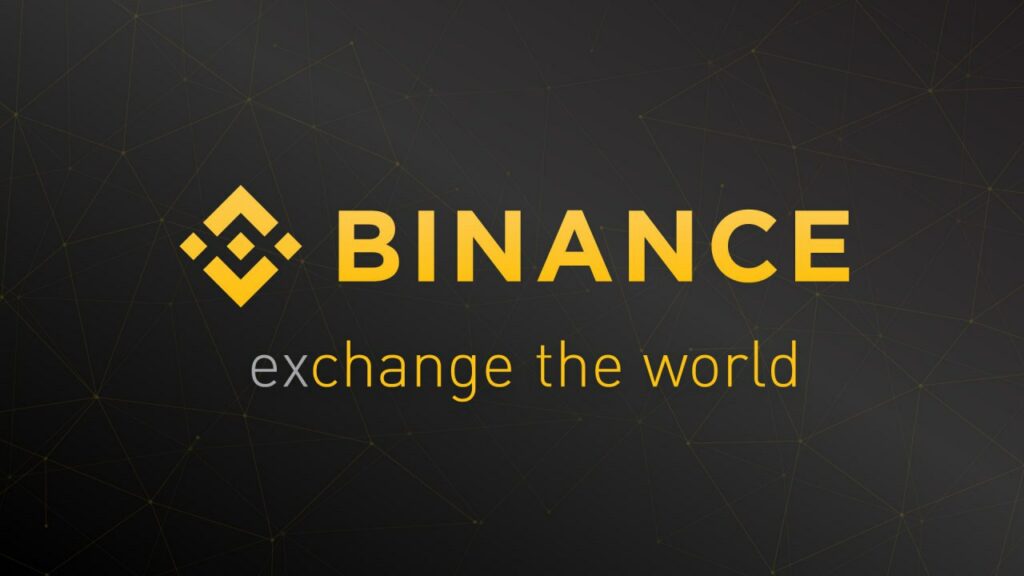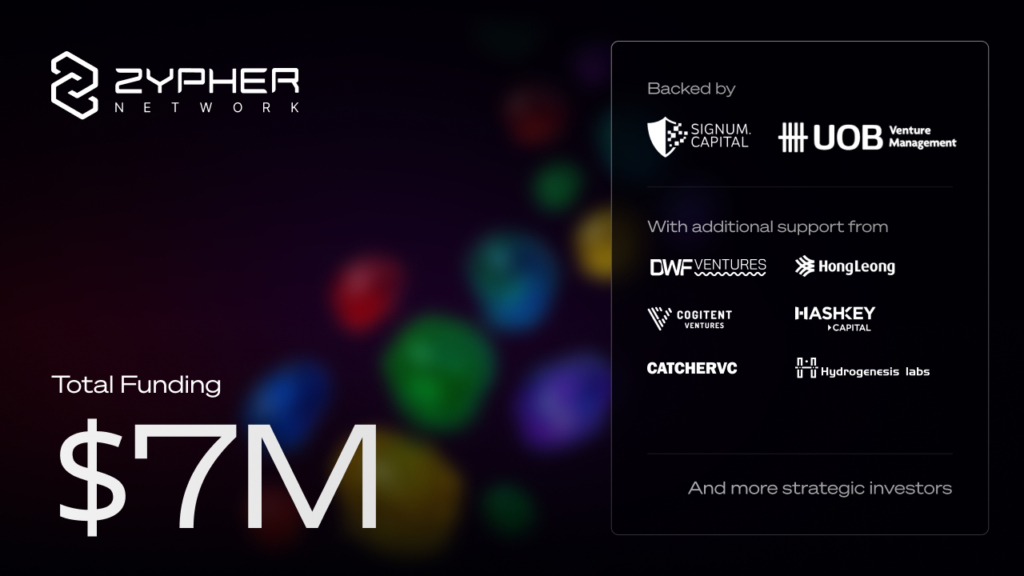As part of its global law enforcement training program, the cryptocurrency exchange Binance has entered an agreement with the Financial Monitoring Agency of the Republic of Kazakhstan.
The conference, which is attended by executives of international regulatory and law enforcement agencies, aims to improve industry collaboration with local, state, and federal law enforcement in the fight against financial crime and cybercrime.
The program also aims to locate and ban digital assets that have been illegally acquired and were being utilized to finance terrorism and money laundering.
As one of the top countries for mining Bitcoin (BTC), Kazakhstan has started developing more beneficial crypto rules, allowing cryptocurrency exchanges to create bank accounts and even attempting to legalize the usage of cryptocurrencies more generally. In August of this year, Binance obtained a provisional license to operate in Kazakhstan.
A plethora of countries, including Israel, Canada, Brazil, France, Germany, Italy, the United Kingdom, and Norway, have administered the Binance law enforcement training program.
Although the company’s investigative team has been giving training classes for law enforcement for the previous year prior to the program’s official launch on September 26.
The rise of cryptocurrency exchanges like Binance in these nations offers its own difficulties since the bulk of them lack any effective regulatory framework for the industry.
Thus, Binance plans to raise awareness among law enforcement agencies and officials through the training program in order to foster global cooperation.
The cryptocurrency exchange has focused its efforts on compliance and regulations as a result of several warnings and inquiries from financial regulators all around the world.
The exchange has improved, though, and has even restarted activities in certain countries where it was recently banned, like France and Italy.
Binance credited the recent compliance efforts it undertook for its recent regulatory licenses in France, Italy, and Spain.



